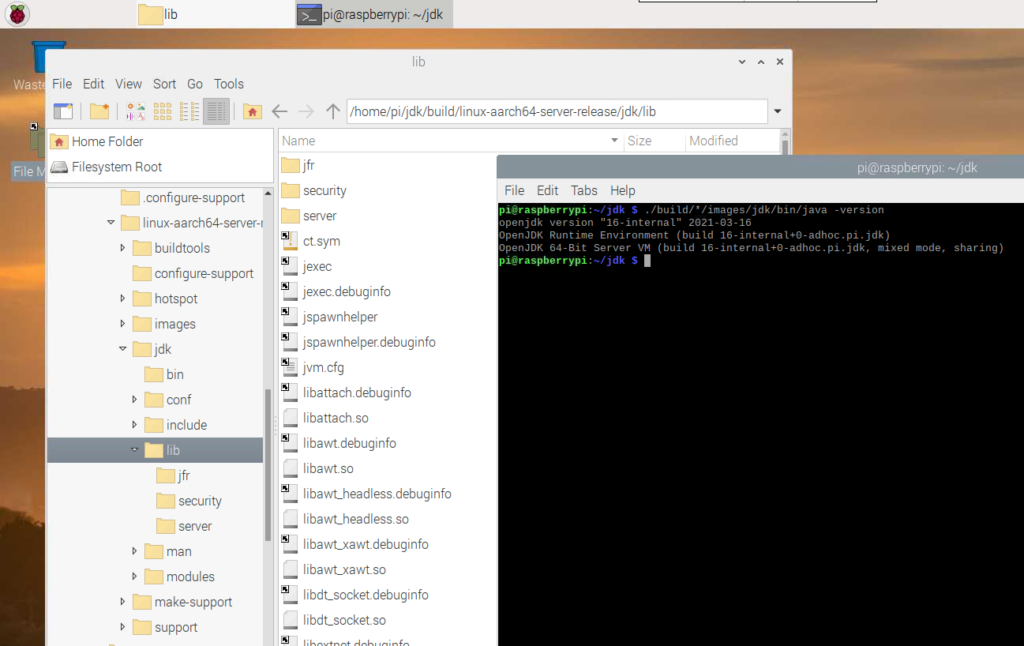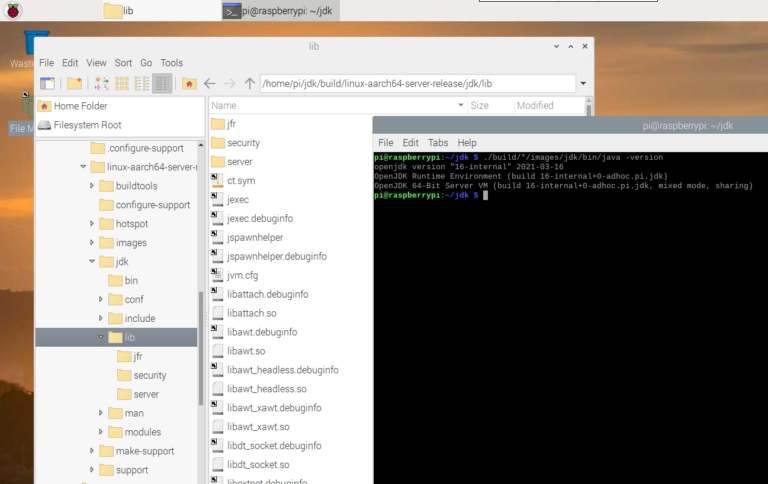

when()/ given() to specify how a mock should behave.optionally specify how it should behave via Answer/ MockSettings.get ( 0 )) // the following prints "null" because get(999) was not stubbed System. thenReturn ( "first" ) // the following prints "first" System. class ) // stubbing appears before the actual execution when ( mockedList. clear () and stub method calls // you can mock concrete classes, not only interfaces LinkedList mockedList = mock ( LinkedList.
#OPENJDK GITHUB VERIFICATION#
clear () // selective, explicit, highly readable verification verify ( mockedList ). class ) // using mock object - it does not throw any "unexpected interaction" exception mockedList.

* // mock creation List mockedList = mock ( List. now you can verify interactions import static org. Said distribution has been discontinued in Mockito 2.*.
#OPENJDK GITHUB MANUAL#
Legacy builds with manual dependency management can use the 1.* “mockito-all” distribution.
#OPENJDK GITHUB DOWNLOAD#
Users doing manual dependency management can download the jars directly from Mockito publishes every change as a -SNAPSHOT version to a public Sonatype repository. Maven users can declare a dependency on mockito-core. On “mockito-core” library using your favorite build system. Recommended way of getting Mockito is declaring a dependency

The Mockito team always respects your choice. Use your own judgement in choosing a testing framework. Given the current popularity of Mockito, Dan was spot on with his prediction. “We decided during the main conference that we should use JUnit 4 and Mockitoīecause we think they are the future of TDD and mocking in Java” Treat this study as an indicator of a big impact that Mockito makes every day on unit tests written in Java.īehavior-Driven Development wrote this back in 2008: Top 10 Java library across all libraries, not only the testing tools.Īlthough Mockito reached number 9 in the main report, mockito-core and mockito-all are the same toolĪnd therefore the factual position of Mockito is number 4, surpassing famous tools like Guava or Spring. Massive StackOverflow community voted Mockito the best mocking framework for java.Įven though StackOverflow shuns questions that likely raise emotional debates the fact is Mockito doesn’t give you hangover because the tests are very readable and they produce clean verification errors. It lets you write beautiful tests with a clean & simple API. Mockito is a mocking framework that tastes really good.

Updates are announced via Twitter Follow mailing list.


 0 kommentar(er)
0 kommentar(er)
